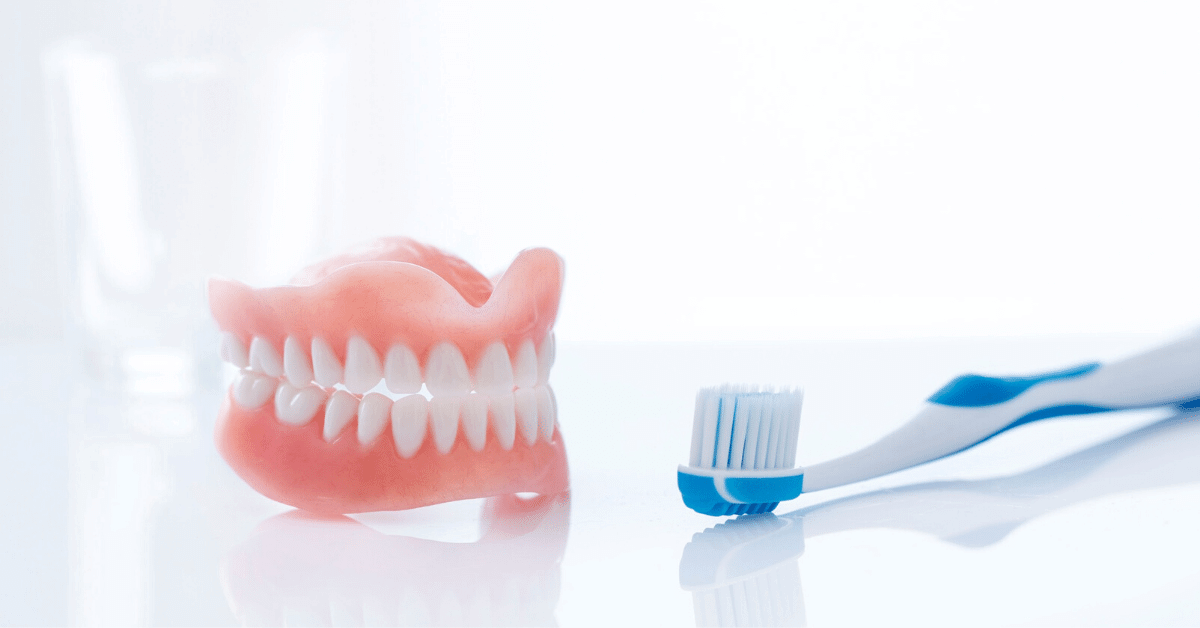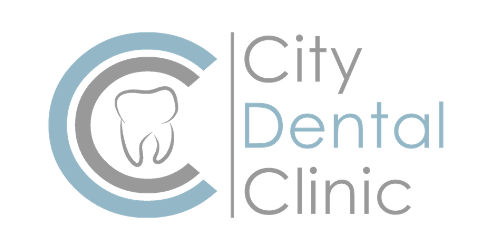False Teeth – what you should know

False teeth, or dentures as they are often called, are custom made replacements for one or more missing teeth which fit over the gum and look and act like your own natural teeth. Artificial teeth are often necessary, especially as you age, due to decay, damage or gum disease. Artificial teeth materials used for the construction of a prosthesis are either metal covered with acrylic or porcelain, nylon or acrylic.
Having false teeth has many benefits, including a confidence boost if you were afraid to smile due to damaged or discoloured teeth. They help you to eat normal foods again, assist with speech, prevent facial aging caused by toothless gums and help protect remaining teeth from moving or becoming loose.
All types of false teeth are made so they match your original teeth – size, shape and colour.
Types of False Teeth
Removable Dentures
Partial dentures and full dentures need to be removed from the mouth every day for cleaning. It is also recommended that they are removed at night while you’re sleeping. They can be kept securely in place by using a false teeth adhesive or mini-implants.
Partial Dentures
Partial dentures are false teeth that replace one or more lost teeth. They are fixed to a plastic, or metal and plastic plate which is designed to look like natural gum. They are usually supported by a metal frame with clasps on precision attachments which attach to the surrounding teeth. They need to be removed and cleaned every day.
A more specialised form of partial denture involves a combination of crowns and partial dentures which allow the retaining clips to remain hidden. This type of partial denture feels more secure in the mouth but is also more expensive than normal partial dentures as it requires greater technical skill to produce it.
Full Dentures
Full dentures replace all the teeth in the mouth. The teeth are carefully crafted to match the colour, shape and size of your original teeth. They are then attached to a plate which slips over your gums. The part of the prosthesis which mimics your gum is made so it sits far down your gum line, making it invisible when you smile or laugh.
All-on 4 / All-on 6 Permanent False Teeth
The All-on 4 and All-on 6 treatments can be used when a patient has either no teeth or very few teeth. It’s a procedure that can be done in a day or even hours, with the patient leaving the surgery with a fully fixed temporary set of teeth.
The patient has either 4 or 6 implants inserted into their top and/or bottom jaw. These implants are anchors which allow a series of dental bridges to form a row of false teeth which are permanent and generally function as well as your natural teeth.
What to Expect When You Get a New Set of False Teeth
Getting used to a set of false teeth can take a little while. Remember, you have a foreign object in your mouth which you need to adapt to. You can’t expect this to happen overnight but, it will happen. What to expect:
- One the first things you will probably experience is an excess of saliva. This will diminish as your mouth gets used to having a foreign body in it.
- Possibly temporary nausea.
- Initial difficulty in chewing which will soon pass as you get used to your new teeth. Start with soft food and liquids.
- Short term difficulty in saying certain words.
- Possible short term sores and irritation while your mouth gets used to the dentures
- An unpleasant odour for people who smoke and have dry mouths. A good hygiene routine will alleviate this problem.
- Gums and jaws change shape over time, especially if you’ve had teeth removed or lost a lot of weight. This may cause your false teeth to become loose.
How to Care for your False Teeth
Removable Dentures
- Your dentist may recommend you remove your dentures before cleaning them
- Your dentist may also suggest you remove your false teeth while sleeping
- Different denture materials require different cleaning solutions; your dentist will advise you
- Handle your false teeth carefully, ensuring you don’t bend them or damage the clips
- Soaking overnight can prevent dentures from drying out
- Your dentist or hygienist will show you how to clean your dentures and recommend brushes, cleaning solutions and toothpastes
Permanent False Teeth
- Brush twice or three times a day for two minutes – 30 seconds per quadrant
- An oral irrigation tool helps to remove food particles
- Use a rubber gum stimulator to remove any trapped food that stuck on the gum line
Durability of False Teeth
Removable dentures can last between 5 and 8 years. If they do become loose during this time, they can be altered without having to pay for a completed new set of dentures. All-on 4 and All-on 6 implant dentures can last up to 20 years as long as they as properly cared for.
